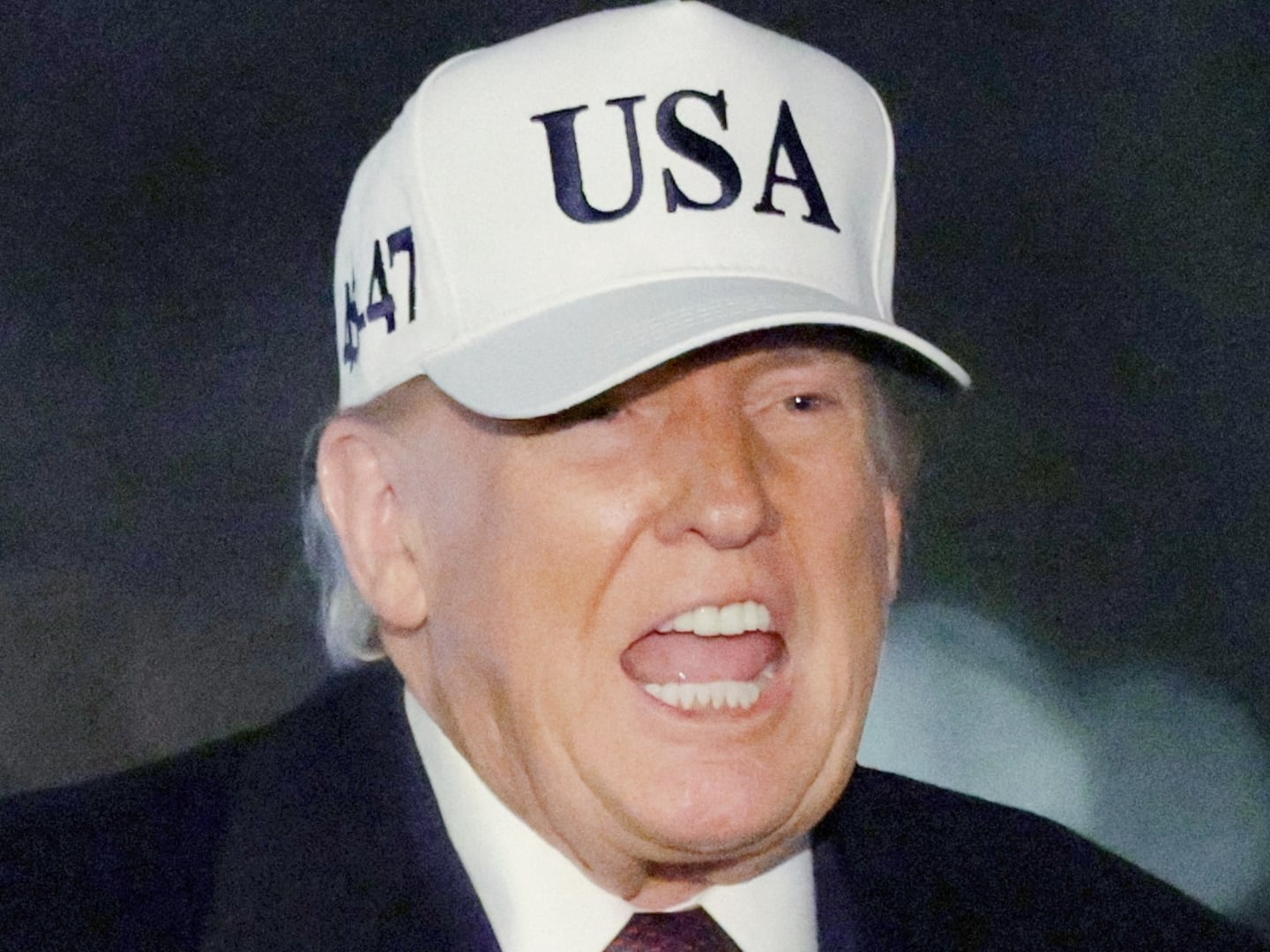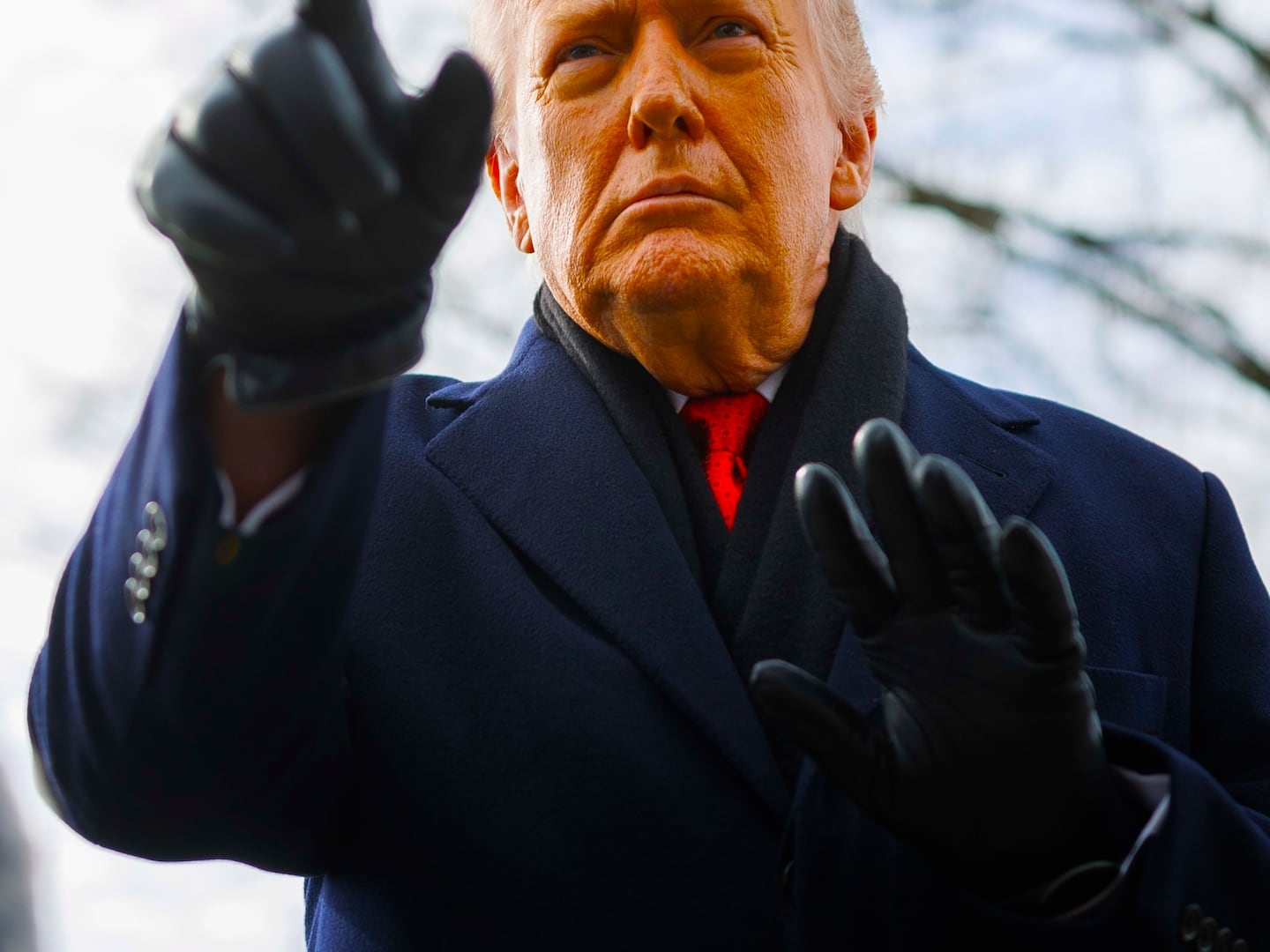The problems with Henry Wiencek’s new book begin in the first sentence, where he says that Monticello “stands … literally above the clouds.” Perhaps, you think, he has never visited Jefferson’s home, but then he tells a story about being caught there, quite clearly beneath the clouds, in the middle of a ferocious thunderstorm, “Nature’s god attempting the Eroica.” Wiencek is in such a hurry to grab your attention that he forgets what he is saying.
Wiencek is the author of several works, including An Imperfect God: George Washington, His Slaves, and the Creation of America, which I have happily assigned to my undergraduates. (I have also met Wiencek at several conferences.) In Master of the Mountain: Thomas Jefferson and His Slaves Wiencek thinks he has some news about Thomas Jefferson, another Founding Father who owned slaves. Most historians who have written about the vexed subject of Jefferson and slavery recognize that there is a contradiction between Jefferson’s opposition to slavery and his ownership of slaves, although they go about resolving this paradox in different ways. Wiencek has no patience with such historians, who use words like “'ironic,’ ‘paradoxical,’ or ‘complex.’” He argues that after the Revolution “a transformation came over Jefferson” as he “began to perceive the pure financial value of owning slaves” and “to see slave labor as the most powerful and most convenient engine of the American enterprise.” Rather than being an opponent of slavery, Jefferson actually “formulated a grand synthesis by which slavery became integral to the empire of liberty.” Eventually he “more or less went over to arguing that slavery was a positive good.” Jefferson’s “soaring language”? Used just “to soothe would-be emancipators while he deflected their petitions.” Monticello itself was a “machine” that “operated on carefully calibrated violence.” There’s no paradox for Wiencek. His Jefferson is fully on the side of slavery.
It’s hard to know what to make of this train wreck of a book. Much of what Wiencek presents as “new information” has already been published in the groundbreaking work of Annette Gordon-Reed, Lucia Stanton, and others, while the most headline-grabbing charges crumble under close scrutiny.
Perhaps Wiencek is so blinded by his loathing of Thomas Jefferson that he cannot see what is right in front of his eyes. It’s not just meteorology that challenges him. He has trouble with everything from simple dictionary definitions—the difference between “literally” and “figuratively,” for example—to his own sources.

Arithmetic is one of those challenges. Wiencek cites approvingly a reviewer who complained that the index to a new book about Jefferson had as many page citations to Sally Hemings as to Alexander Hamilton, James Madison, and Jefferson’s wife Martha added together. Has Wiencek not looked at his own index or did he just add up the numbers wrong?
Oh, and biology. “In ways that no one completely understands, Monticello became populated by a number of mixed-race people who looked astonishingly like Thomas Jefferson.” Um, I think we have that one figured out.
Some of these howlers would be merely laughable were they not of a piece with the fundamental problem of the book, the way Wiencek uses evidence. Sometimes he cites a source and sometimes he does not, but it really doesn’t make much difference because when you go back to the original, too often it doesn’t say what he claims it does. He says, for example—and this is a statement that will astonish historians—that just after the American Revolution “Virginia came close to outlawing the continuation of slavery.” He cites some pages in a recent book that say nothing of the sort.
Wiencek really seems to have trouble seeing what’s before his eyes, even when it’s in black and white, and on a computer where you can adjust the font size. Wiencek makes a big to-do about Jefferson’s supposed discovery in 1792 that “he was making a 4 percent profit every year on the birth of black children.” Except that Jefferson wasn’t calculating the profits at Monticello; far from home and his records, he said he “hazarded the calculation, rather as an essay of the mode of calculating the profits of a Virginia estate, than as an operation which was to be ultimately relied on.” Does it make a difference if Jefferson was opening up his own account books or just making a back-of-the-envelope calculation? Only if you insist, six times in a single paragraph, that in 1792 Jefferson was reporting actual profits from his own plantation.

Wiencek quotes selectively from Jefferson’s letters to make it appear that from the time of that calculation Jefferson had gone over to the side of slavery’s defenders. He says that Jefferson told his planter buddies one thing and slavery’s opponents another, but go back to the sources and you find that Jefferson kept telling his pals that he believed slavery was wrong and it would one day disappear. Wiencek quotes a letter to one of those friends: “I have long since given up the expectation of any early provision for the extinguishment of slavery among us” because the South was controlled by men for whom “interest is morality.” Wiencek insinuates that Jefferson was talking about himself, but he omits the part where Jefferson says, “But interest is really going over to the side of morality. The value of the slave is everyday lessening; his burden on his master daily increasing. Interest is therefore preparing the disposition to be just; and this will be goaded from time to time by the insurrectionary spirit of the slaves.”
As for the late-life “more or less” arguing that “slavery was a positive good”? How about a lot less? How about not at all? Wiencek’s key piece of evidence is a letter in which Jefferson “mocked abolitionists for ‘wasting Jeremiads on the miseries of slavery.’" Except that he was talking about the Federalists—the letter is about the Missouri crisis—and the next words in the sentence, which Wiencek doesn’t quote, are: “as if we were advocates for it. Sincerity in their declamations should direct their efforts to the true point of difficulty, and unite their counsels with ours in devising some reasonable and practicable plan of getting rid of it.” More supposed evidence is the assertion, to another southerner, that “American slaves were better fed and clothed than England’s workers and ‘labor less’ …” Jefferson continues however: “But do not mistake me. I am not advocating slavery. I am not justifying the wrongs we have committed on a foreign people, by the example of another nation committing equal wrongs on their own subjects. On the contrary, there is nothing I would not sacrifice to a practicable plan of abolishing every vestige of this moral and political depravity.” The examples of mangled evidence could be multiplied, believe me.
It is inarguable that Jefferson lived off of the labor of his slaves all the time that he was decrying slavery as “moral and political depravity.” We can call that many things. One of them is tragedy, for the slaves most especially, but also for the nation. Another is paradox —but maybe that’s too complicated. Let me make it simple: Far better books than this have already been written about slavery at Monticello, ones that make you cry instead of guffaw.






